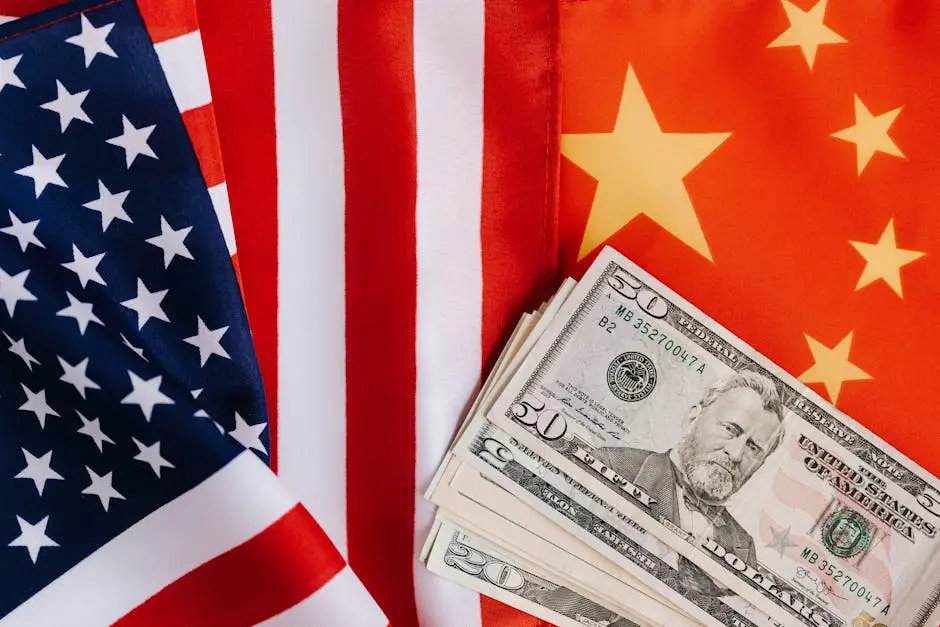In our interconnected world, understanding how international capital markets influence global trade is crucial. This blog will guide you through the major factors at play and help you grasp the relationship between capital flows and trade dynamics.
Understanding International Capital Markets
International capital markets refer to the global marketplace for buying and selling financial assets. They include equity markets, bond markets, and foreign exchange markets, playing a key role in global economics.
These markets enable investors from all corners of the globe to trade assets, contributing to liquidity and the efficient allocation of resources. This fluidity facilitates cross-border investment strategies that businesses rely on for growth.
Furthermore, capital markets offer a platform for companies to raise funds through initial public offerings (IPOs) and bond issuances. This process is vital for cultivating innovation and expanding operations, ultimately linking them to international trade networks.
In essence, by understanding these markets, one can better appreciate how they connect diverse economies. From emerging markets seeking funds to developed nations looking for growth opportunities, capital markets play a pivotal role.
The Flow of Capital and Trade
Capital flows influence global trade by providing the necessary funding for businesses to expand and invest. This section will explore how investments in exports and imports affect trade volumes.
When capital is abundant, companies can invest in new technologies or enter new markets. This increase in investment leads to enhanced production capabilities, which directly encourages both import and export activities.
For instance, a business that secures international financing can obtain raw materials from overseas while simultaneously increasing its exports. Thus, the cycle of investment and trade perpetuates, driven by the available capital.
Additionally, the relationships built through these capital flows often coincide with trade agreements. Countries that exchange capital investments tend to develop closer trade ties, leading to a thriving global market.
In summary, the flow of capital is essential to understanding the nuances of global trade. By examining these transactions, one can better appreciate their importance in shaping economies worldwide.
Impact on Currency Valuation
The fluctuations in exchange rates, driven by international capital markets, directly impact trade competitiveness. A detailed look into how currency valuation influences import and export prices will be provided.
For example, when a country’s currency strengthens due to increased capital flows, its exports become more expensive for foreign buyers. Conversely, imports become cheaper, which can skew trade balances.
This relationship highlights the delicate balance that countries must maintain between attracting foreign investment and maintaining a competitive trade position. Engaging with international capital markets, therefore, becomes a strategic maneuver for economic health.
Moreover, speculation within these markets can also lead to volatility in currency values, further complicating international trade dynamics. Understanding these factors can empower businesses to make informed decisions based on market conditions.
In conclusion, currency valuation isn’t just numbers; it’s a complex web of international finance that affects trade in significant ways. Any shift can lead to ripple effects impacting entire economies and their trading relationships.
Economic Stability and Predictability
International capital markets contribute to economic stability. This section will delve into how stable capital markets foster an environment conducive to trade by reducing uncertainty for businesses.
Companies are more likely to engage in trade when they can predict future economic conditions. Stable capital markets provide this predictability, encouraging firms to invest in new opportunities and expanding their trading reach.
A stable economic environment attracts foreign direct investment (FDI), further integrating countries into the global trade network. With this influx of investment, nations can develop and improve their domestic industries, boosting their international competitiveness.
Moreover, predictable capital markets allow for better fiscal policies and regulations, creating a supportive atmosphere for trade. Investors and businesses both thrive when they know the rules of engagement and can plan for future success.
Ultimately, the interplay between economic stability and trade is undeniable. By fostering robust and transparent capital markets, countries can ensure their place in the global economy, paving the way for sustainable growth and development.
Wrapping Up the Impact of Capital Markets on Trade
In conclusion, international capital markets play a significant role in shaping global trade by facilitating investment, affecting currency values, and influencing economic stability. To navigate this complex relationship, it’s essential to stay informed and adaptable.

